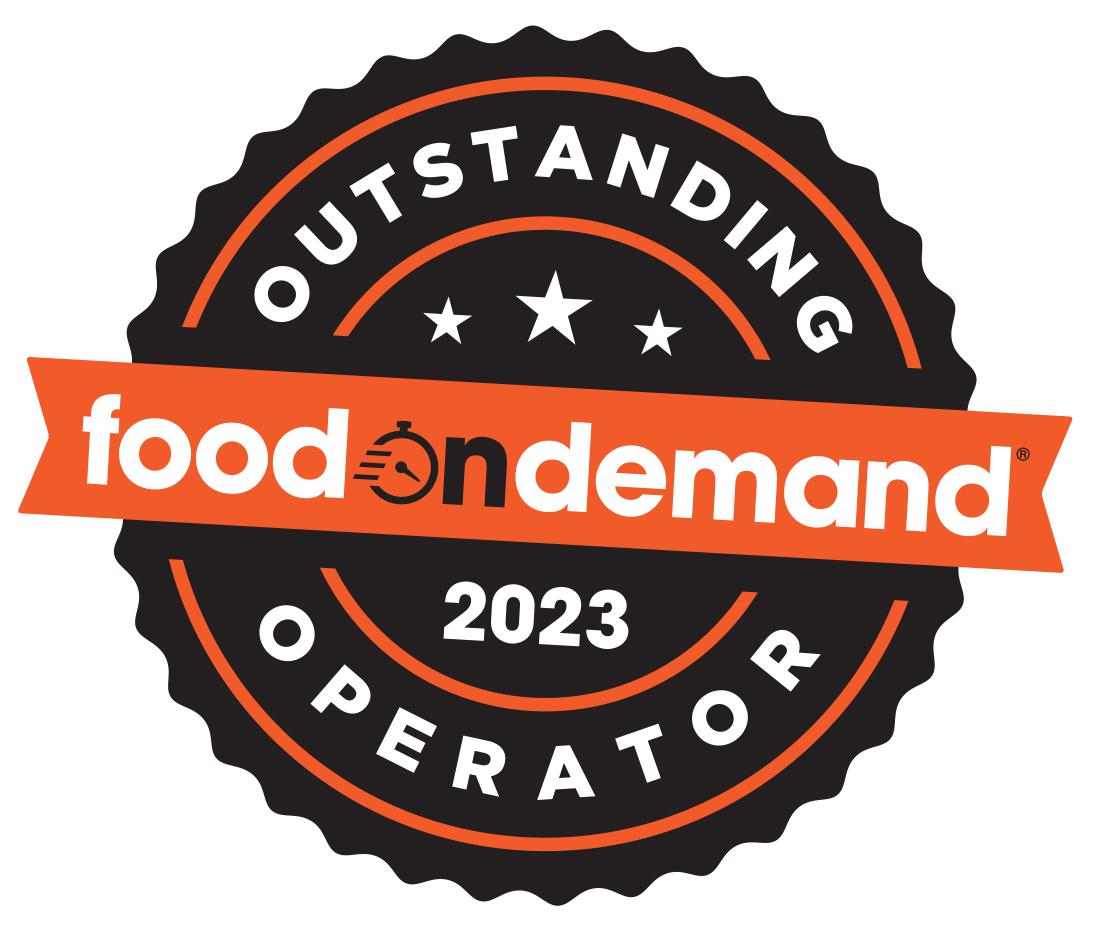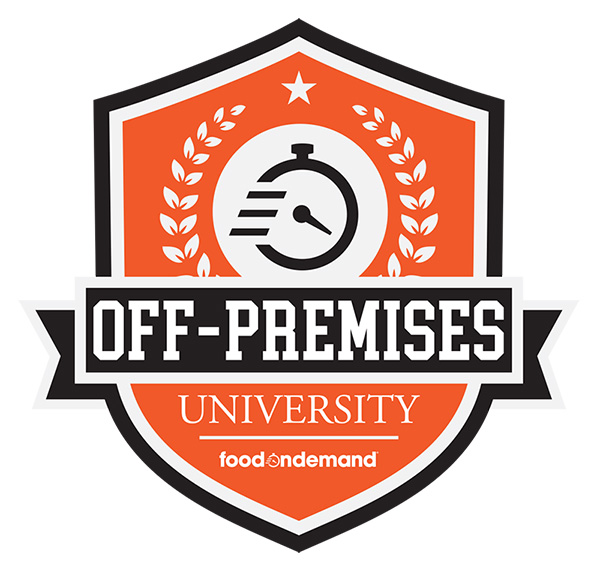In a damaging salvo in the legislative war in California, a judge opted not to block the labor law commonly known as Assembly Bill 5 (AB 5).
The labor law went into effect in the state on January 1, 2020, and puts a three-part test in effect to determine whether or not a gig-economy worker or freelancer rises to the level of employee. Under the rule, scores of delivery drivers, rideshare drivers and other non-traditional workers are deemed employees and entitled to broader labor protections.
Judge Dolly Gee of the Central District of California wrote in her ruling that Uber and Postmates did not adequately demonstrate that the law was without merit.
“Plaintiffs have not shown serious questions going to the merits—the critical factor in determining whether to issue a preliminary injunction—and, though company plaintiffs have shown some measure of likelihood of irreparable harm, the balance of equities and the public interest weigh in favor of permitting the state to enforce this legislation,” wrote Gee.
That’s a blow to the largest gig-economy employers, and both Uber and Postmates issued statements saying they would continue fighting through an appeal or at the ballot box come election time. The judge even called out issues in the process saying it was clear that some lawmakers were targeting the gig giants specifically.
“Plaintiffs correctly point out, however, that the record contains some evidence that AB5 targeted company plaintiffs and other gig-economy companies, and that some lawmakers’ statements specifically complained about Uber,” wrote Gee.
That “animus,” however does not outweigh the public interest and “deleterious misclassification of workers in many industries, not just the gig economy,” wrote Gee.
That’s a pretty damning statement from the judge, and the real fear for the gig companies is that laws like this will continue to spread and make it harder for the flexible employment the gig economy promises. If enough states call the gig economy at large into question, laws like this could go national, according to longtime labor lawyer Elaine Turner, a shareholder and partner at Hall Estill.
“In my opinion, there will be other states that will eventually follow California. Only time will tell if all states go that direction. States governments have always been suspicious of independent contracting relationships to varying degrees. However, I do believe that there will continue to be a group of states that will be reluctant to pass laws placing similar restrictions on such businesses. The true test will be what happens at the federal level,” Turner said.
To the gig companies, stopping AB 5 could be a cork holding back a surge of legislation that could make these companies even less profitable.
Turner said legislators should be careful. It’s clear by the more than 75 million freelance, gig and other non-employee status workers that this is a desirable form of employment for many people.
“Lawmakers need to reconsider legal notions developed decades ago versus what the modern-day workforce wants,” said Turner. “Individuals in the workplace are looking to be their own boss and want the freedom that an independent contractor relationship brings and an employment relationship does not bring.”
Of course, even turning AB 5 into a federal law won’t kill the gig economy. After all, these companies are built on innovating an entire new workforce, said Michael Krueger, an attorney at Newmeyer Dillon and advisor to the food and restaurant industry.
“I’m a huge fan of the middle man economy, a term coined by a Stanford economics professor. No matter what AB 5 does, the middleman economy will continue to grow and thrive. Whether that’s as independent contractors or employees,” said Krueger. “It has nothing to do with the law, but everything to do with how consumers are interacting with companies.”
Big law changes or challenges might just add some extra pressure to innovate.
“I get this question asked a lot, what happens when DoorDash or Grubhub goes away—it’s not going to go away,” said Krueger. “If you’re a restaurant, and you want to do delivery, it doesn’t pencil out, there’s no efficiency. So, this third party is coming in whether they classify them as an employee or not.”




